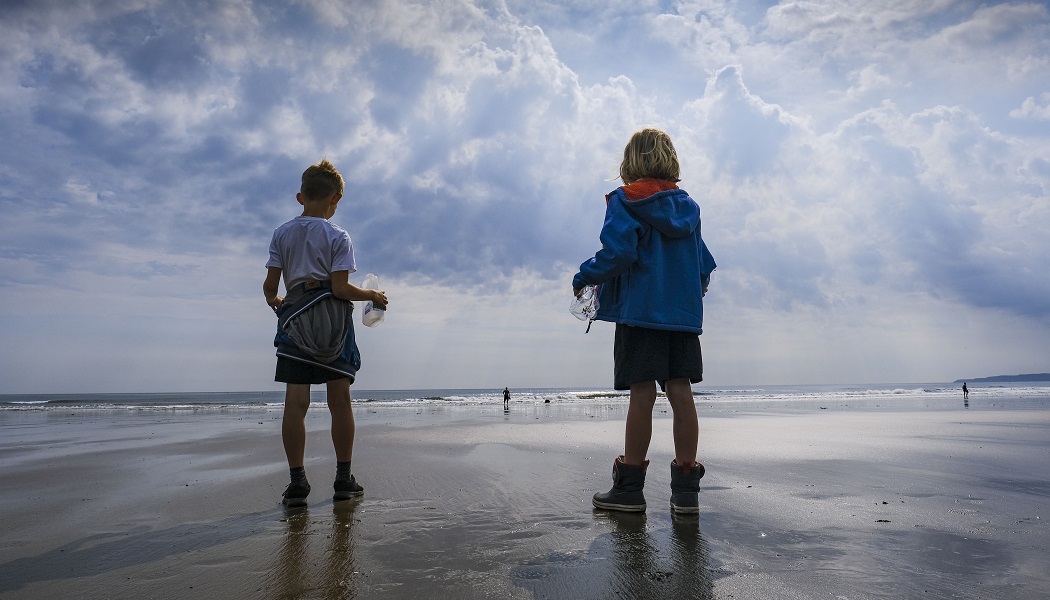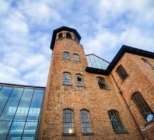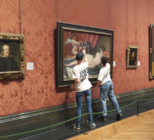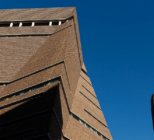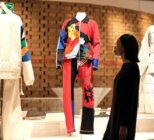The No Going Back Peer Learning Programme aims to harness museums’ abilities to draw on past examples of rapid transition and transformation as a means to inspire community responses to the climate and ecological emergency.
Spread across the country and drawing on different fields of expertise, participating organisations will work as a collaborative community of practice to explore and shape ideas.
Planetary participants
The 13 museums chosen to participate in No Going Back are:
- Cornwall Museums Partnership and Royal Cornwall Museum
- Hull: Yorkshire’s Maritime City project, Hull City Council and Hull Culture and Leisure
- Leeds Museums and Galleries
- Museum of Oxford & Fusion Arts
- National Waterways Museum, Canal & River Trust
- Oriel y Parc National Park Visitor Centre and Landscape Gallery, Pembrokeshire Coast National Park.
- RWA (Royal West of England Academy)
- Saltaire World Heritage Education Association
- Scarborough Museums Trust
- Sustainable Exhibitions for Museums Group; V&A, Science Museum and Museum of Ordinary People
- Tees Valley Museums
- University of Cambridge Museums group: Museum of Archaeology and Anthropology and Museum of Zoology
- Wakefield Museums & Castles, Wakefield Council
Scarborough Museums Trust, one of the 13 inductees to No Going Back, is hoping the new programme will build on previous work undertaken in 2019.
In partnership with charity Invisible Dust, the organisation ran the Future Fossils learning project which introduced local primary school children to humans’ impact on the planet and enabled them to become advocates for their local environment.
“The Happy Museum project will help us to build on and continue this type of work with our local community,” notes Christine Rostron, learning manager at Scarborough Museums Trust.
“We recognise that we operate in one of the most important coastal regions in Europe and are lucky enough to have extremely important geological and natural history collections. We are especially keen to use these objects to tell stories about the environment and support local children to learn to love their natural surroundings and to be advocates for positive environmental change.”
Andrew Clay, the Trust’s chief executive, adds that as “custodians of a collection of significant environmental and scientific interest” the organisation feels “duty bound to make the collection fully available for vital research” – something the Happy Museum Project’s newest initiative will hope to facilitate.
More information on No Going Back Learning Programme is available here.

